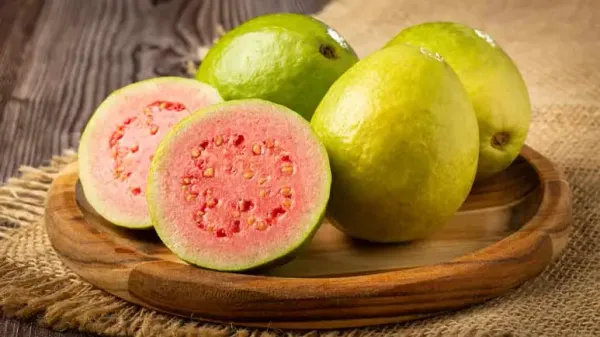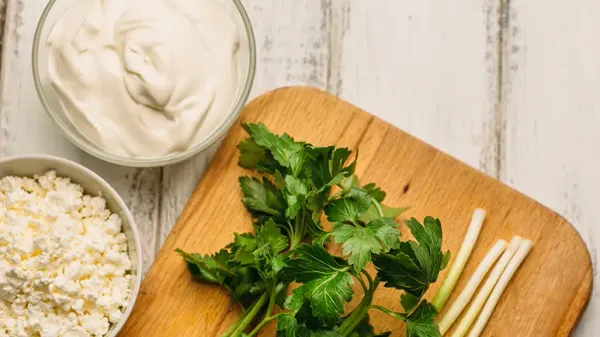
Guava: Why This Juicy Fruit Is Gaining Attention in Pet Nutrition
Known for its juicy pink flesh, this fruit treats your pet's palate to a burst of tropical flavor while offering an array of health-boosting vitamins, minerals, and polyphenols. Find out more about its benefits to your pet's health here.








